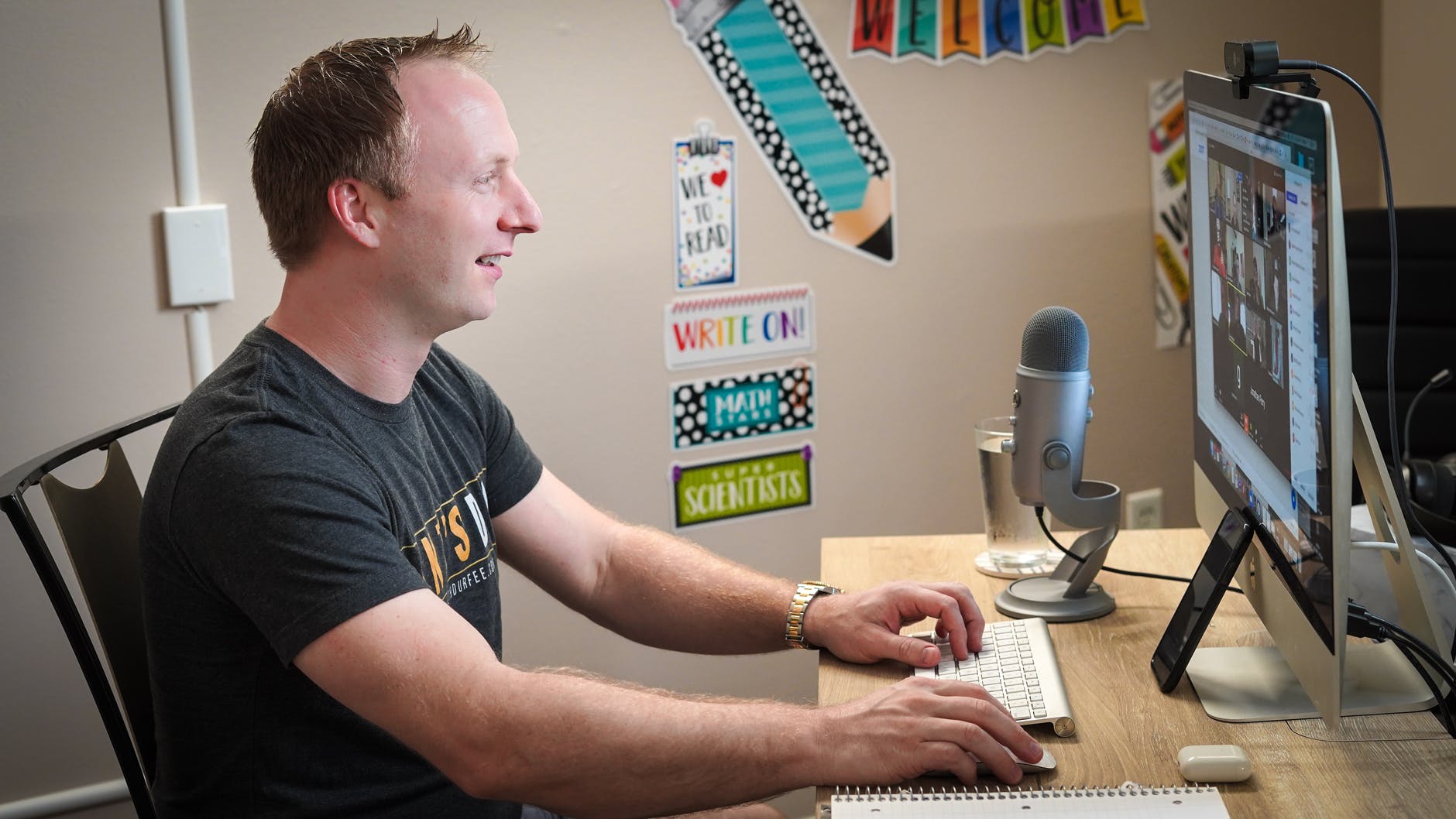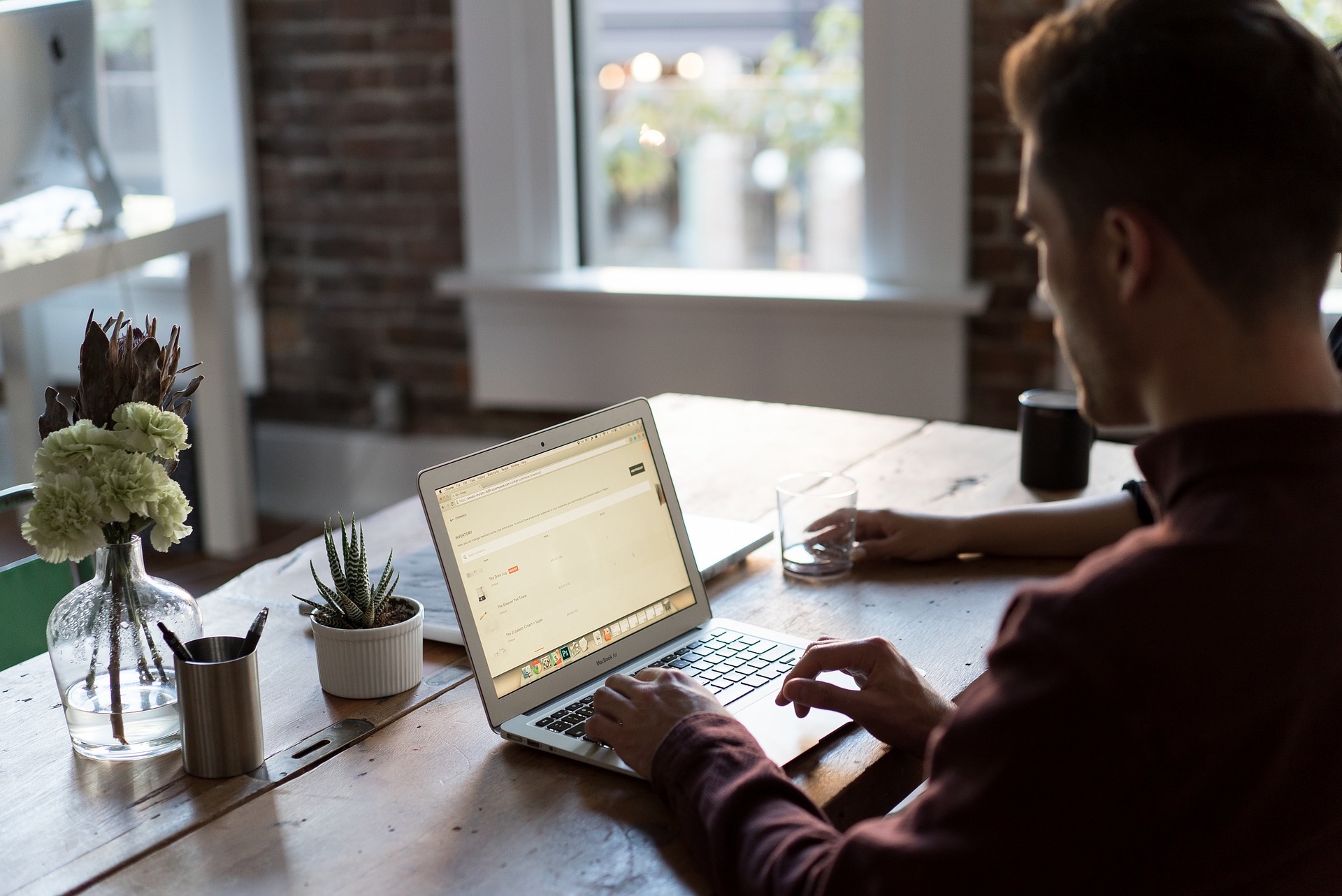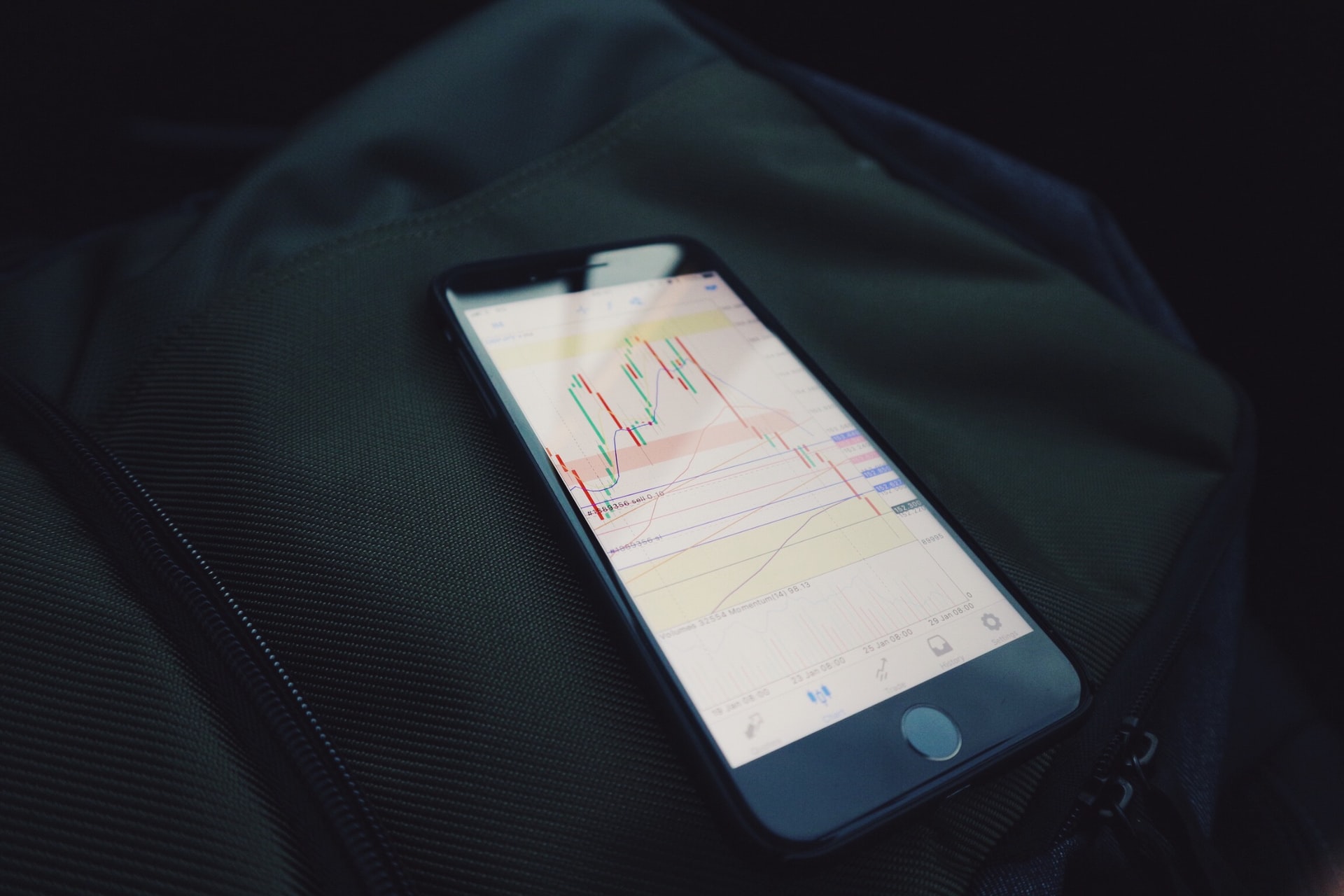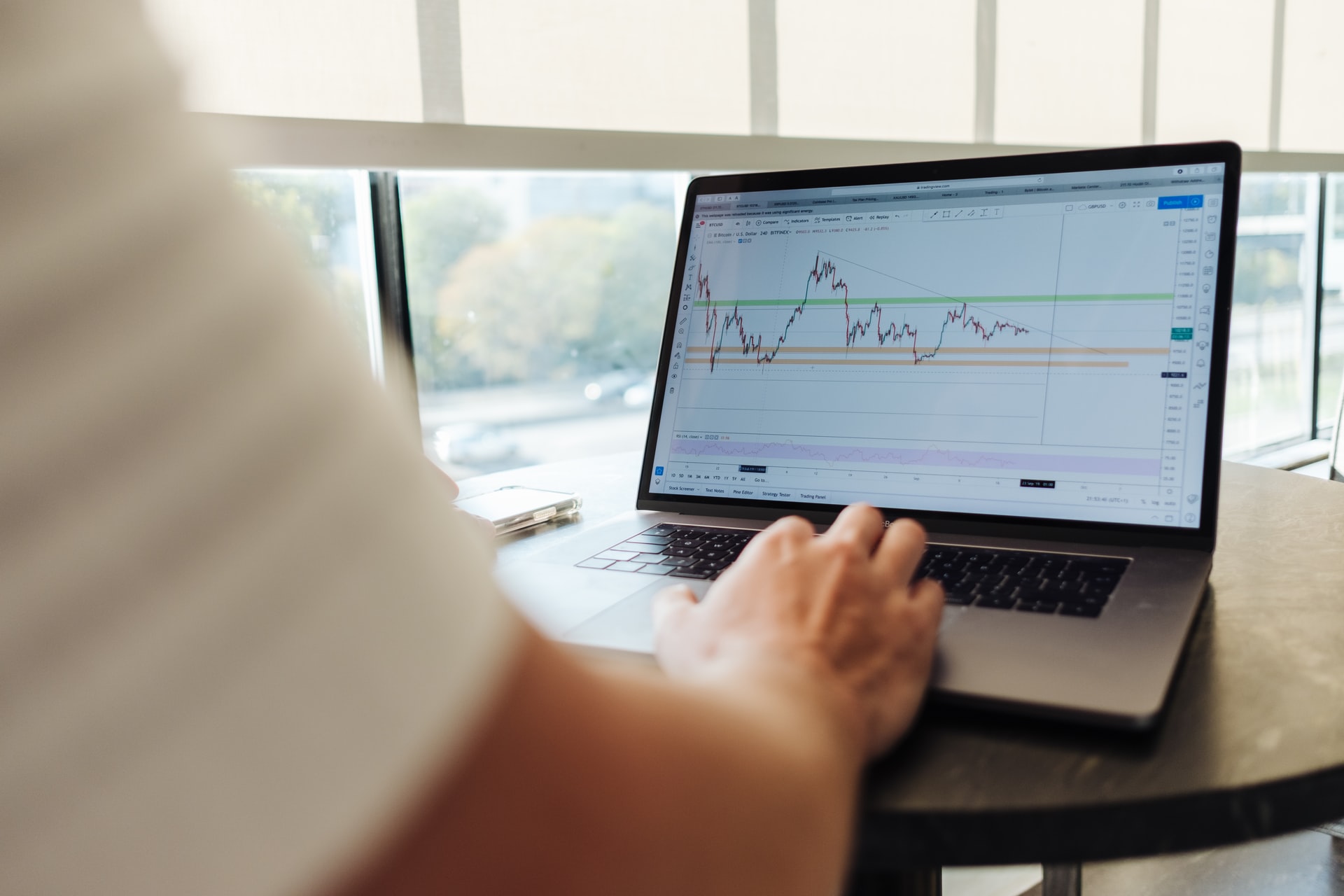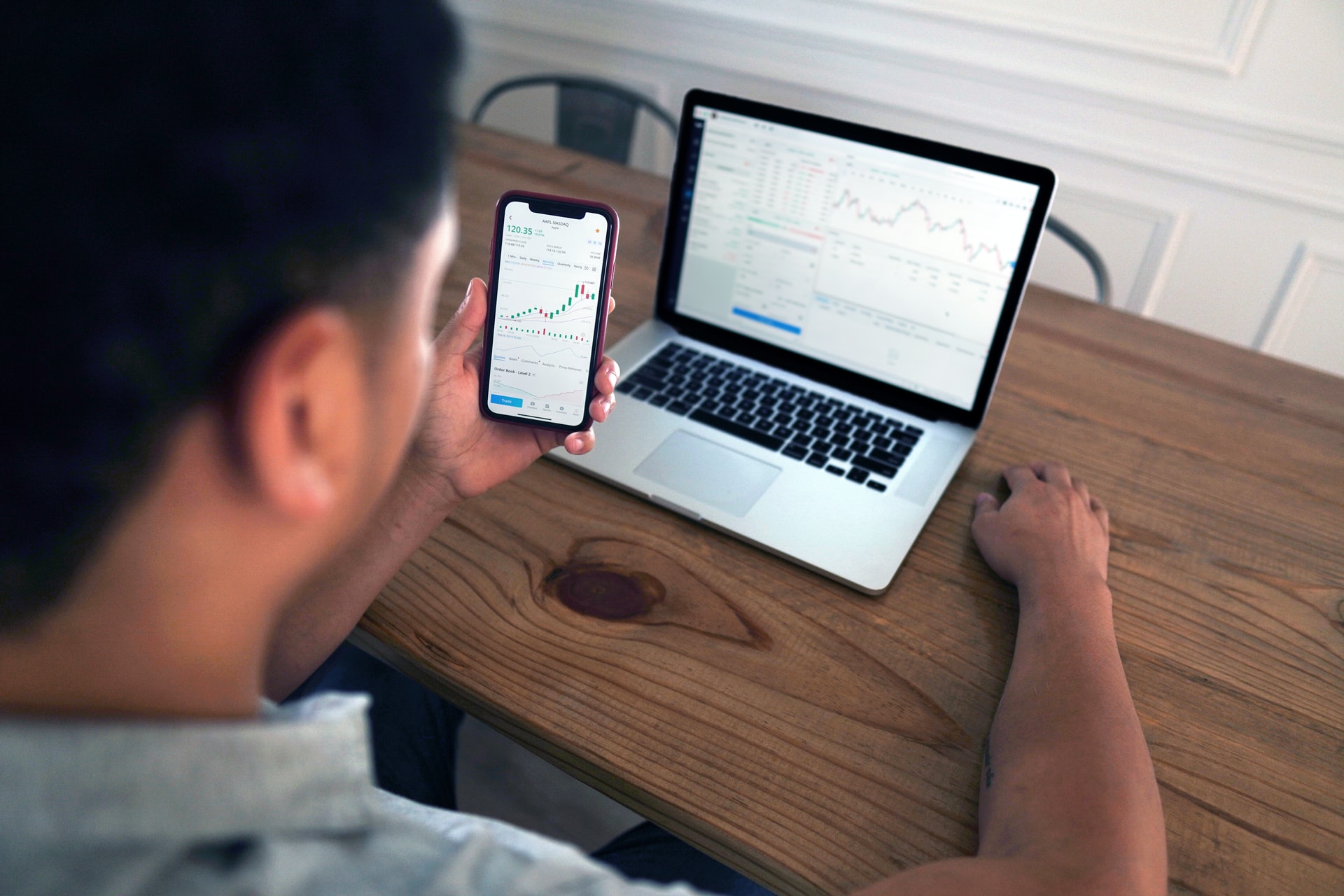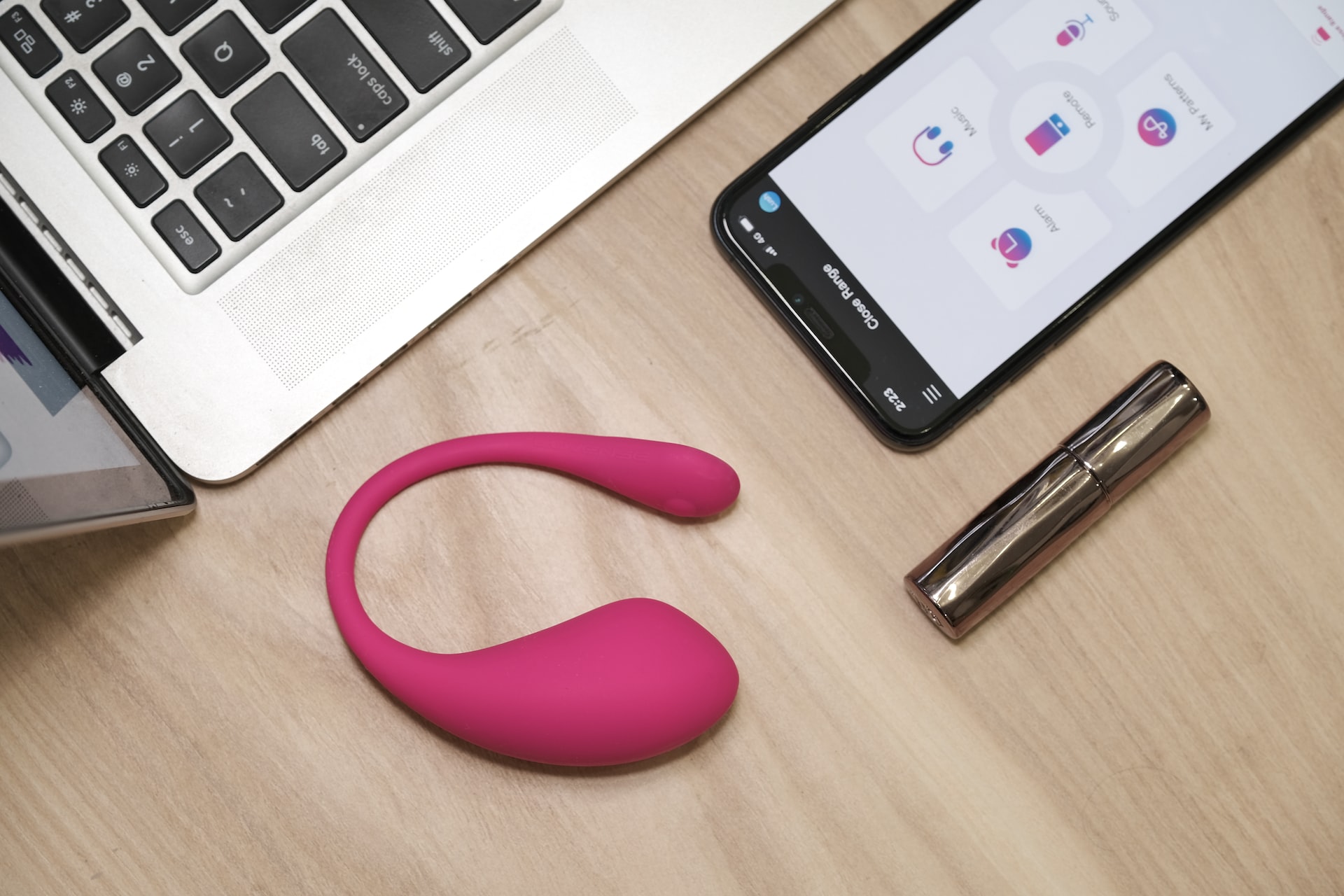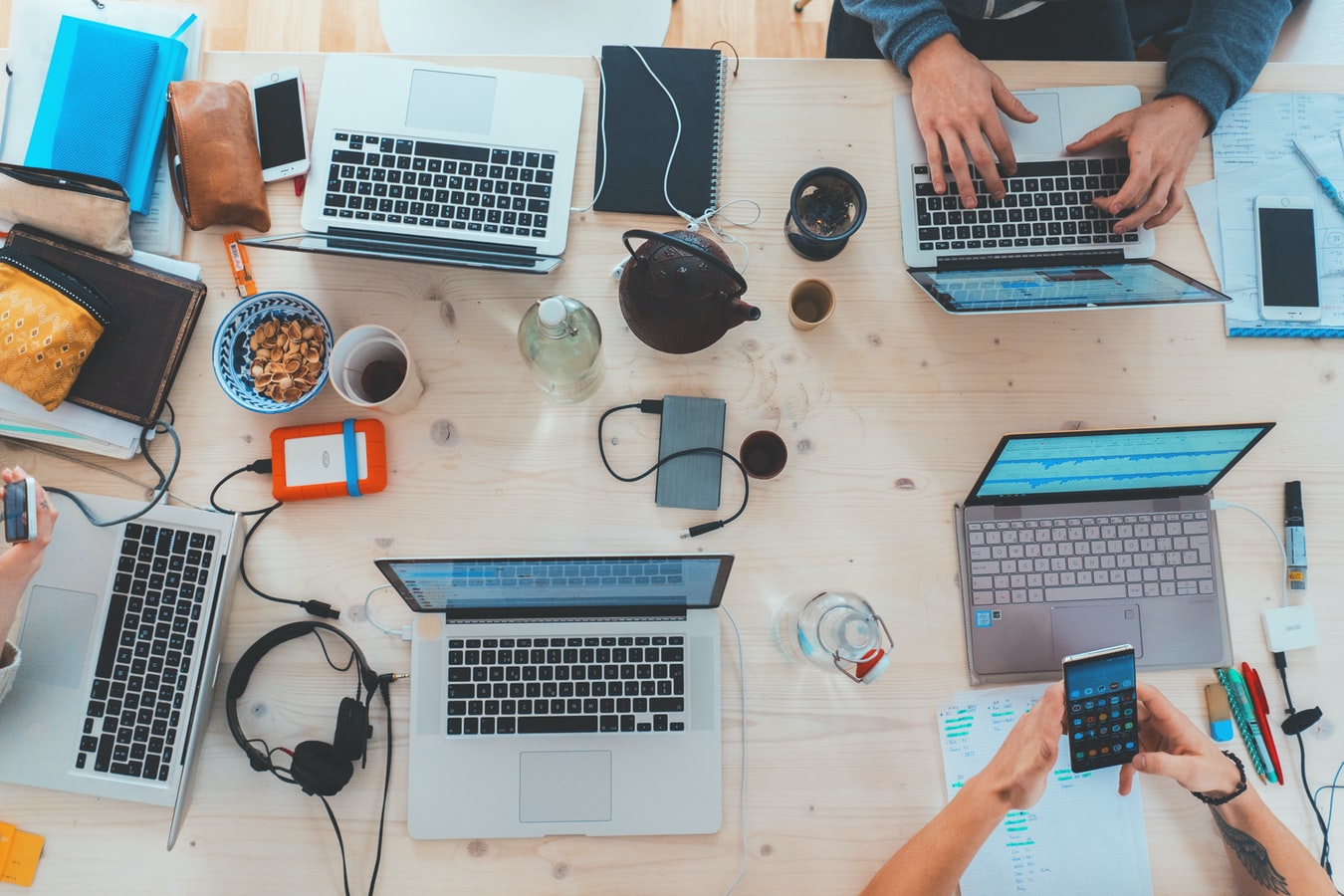One of the most coveted trading instruments today is future trading, which is an agreement to sell a property or commodity in the future at a price that is decided today. The price and date are specified in the futures contract and the parties are obliged to commit to the decision. For those who are interested in futures trading, now is the right time. However, the concept of future tradings can be quite bleak and opaque at times. In reality, it is not as difficult as you think.
If you are interested in future trading but don’t know where to begin, follow this dedicated guide to learn more about this discipline.
How Do Futures Contracts Work?
Individuals and businesses prepare futures contracts to buy or sell a commodity that may seemingly change its price in the future. Just like stocks, the trade is closed when the contract is bought or sold. You can either use cash or physical delivery to settle futures contracts. Businesses often deal with futures contracts to navigate risks and plausible losses. Since the stock and house market keep on altering due to changes in prices and demand, locking in one price and dealing with it in the future can secure a major profit for your business. Needless to say, locking a deal for the future keeps you suffering a financial loss.
Futures contracts and relevant deals work differently for businesses and individuals. In businesses, the constantly changing prices of inventory, commodities, and raw materials can either affect the supplier or the company. For individuals, trading interest rate futures contracts can help them save money on the potential increase of interest rates.
How to Begin Futures Trading?
Check online brokerages to learn more about the platforms and familiarize yourself with the rules of futures trading. Choose a market you wish to trade in and consult a broker to open an account. Depending on your net worth, investment potential, and income, your broker will calculate the risk you will be exposed to. Based on the amount of risk you can take, you will be allotted the positions and margins that you should abide by.
Researching the market and choosing a broker is of the utmost importance as every professional agent deals with different services, stocks, and pattern trading in general. In case of any ambiguity, visit NetPicks.com to learn more about the same. Before you open a virtual account, practice multiple times and take advice from your broker to avoid mistakes. This practice will also help you understand the knowledge you have acquired so far. You can then leverage real futures trades with real money.
Basic Parameters Used in Futures
The parameters or aspects used in dealing with futures contracts are commonly referred to as standard contract specifications within the industry.
- Tick size: Even though futures contracts portray the idea of locking in a price, some contracts allow minimum fluctuations or increments, which is known as tick size. Depending on the futures contracts you are dealing with, your tick size can vary.
- Trading hours: In every futures market, you get to deal with a specific commodity only during specific trading hours. Even though futures markets are open for every trader for the most part of the day and week, they have to ensure that their product aligns with the trading hours.
- Contract size: Irrespective of the commodity or asset you are dealing with, they will always have a fixed contract size to establish the practice of fair and organized trading. For example, 100 troy ounces of gold is the standardized contract size for gold futures; similarly, for crude oil, the standardized contract size is 1000 barrels. The size varies from commodity to commodity.
Even though there are multiple other terms used in this industry, start by learning more about these before moving ahead.
Challenges for New Traders
- If you guess the wrong price incline or decline for a particular commodity in the future, you are at risk of losing a lot of money or your entire investment in worst-case scenarios.
- In case a trader does not research or practice before applying a new strategy, they may suffer a loss. It is necessary to consider the analytic services for a virtual trading account.
- Since there is neither profit nor loss, dealing with futures trades can seem a bit upsetting. Unless you are thinking of minimizing the risk for your company’s future, dealing with this industry is of no use if you are looking into earning a profit.
Consider these aspects when starting out as a futures trading agent. Since it is a lucrative industry, acquiring proper information and knowledge about your futures trades is crucial. With this, you can easily maneuver through varied markets and keep yourself from overplaying a market.






